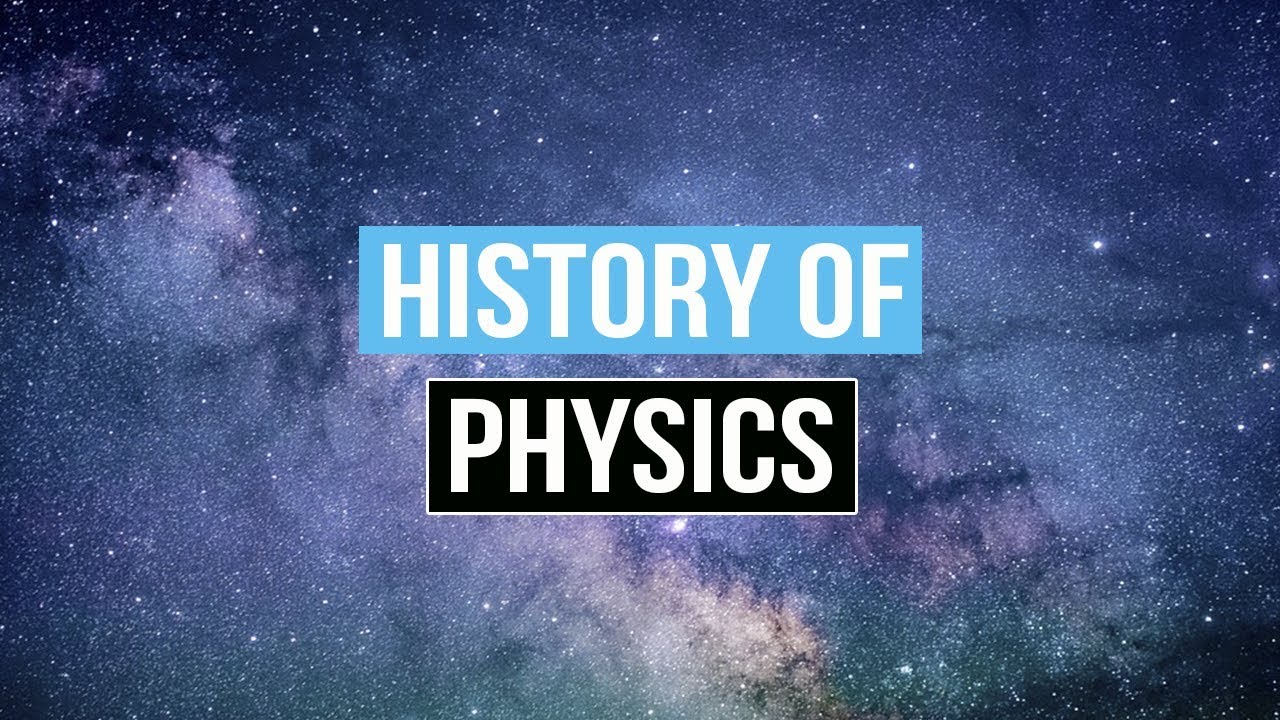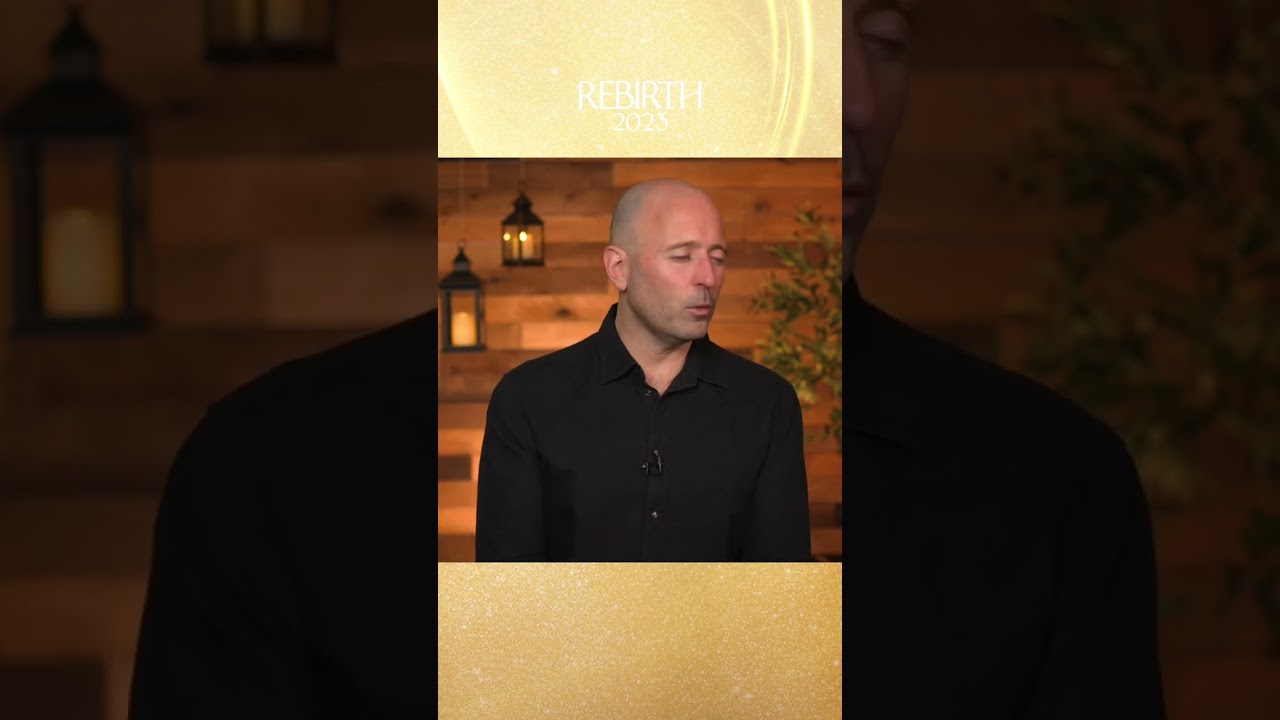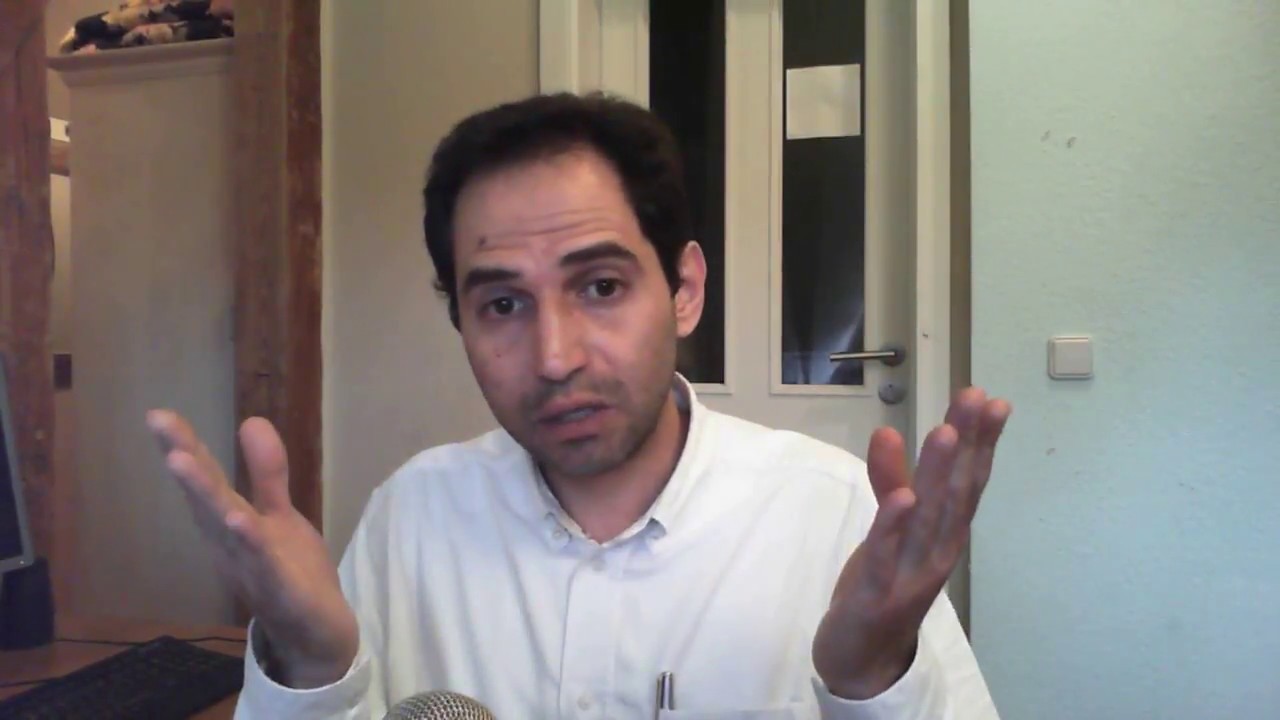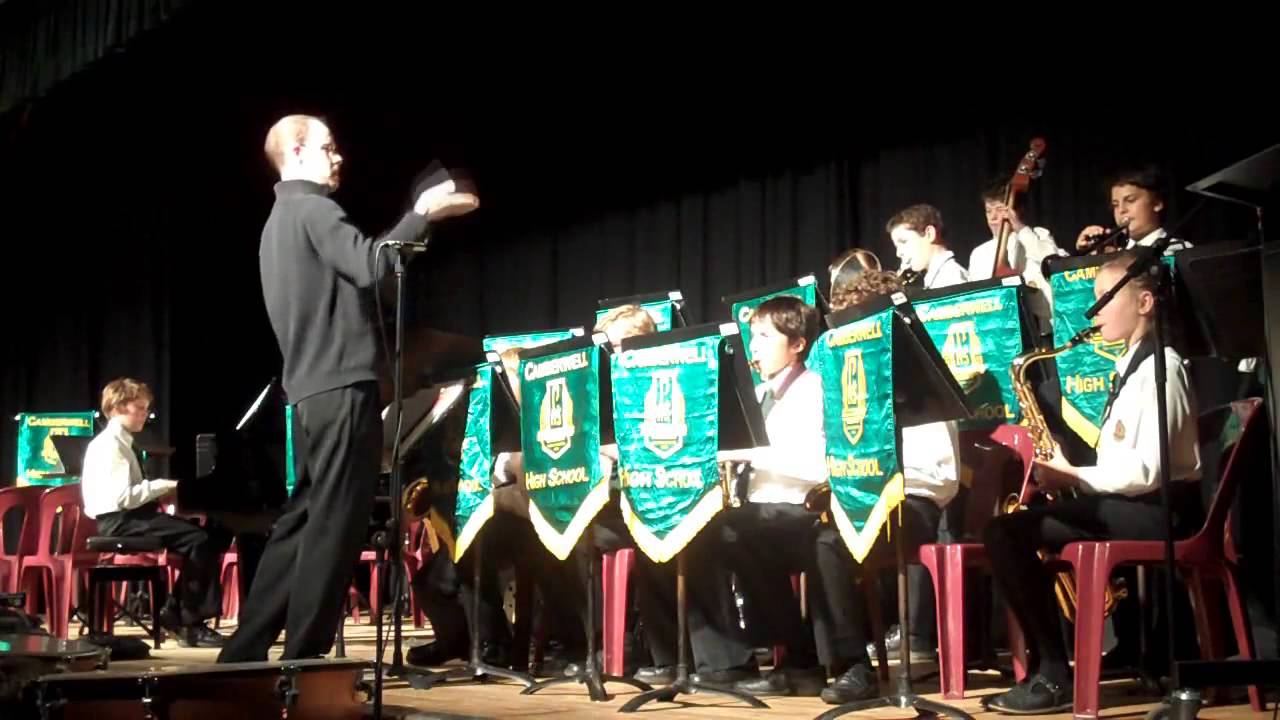MajorPrep
Part 2: https://youtu.be/5Sv-zcHPMbw
Support the Channel: https://www.patreon.com/zachstar
PayPal(one time donation): https://www.paypal.me/ZachStarYT
Instagram: https://www.instagram.com/zachstar/
Twitter: https://twitter.com/ImZachStar
Join Facebook Group: https://www.facebook.com/groups/majorprep/
Video Topics
-Thales of Miletus: 0:36
-4 Elements: 1:11
-Archimedes: 1:46
-Optics: 4:25
-Rainbows: 5:29
-Magnetism/The Compass: 6:10
-Galileo: 7:29
-Isaac Newton: 8:30
-Leyden Jar: 10:20
-Double Slit Experiment: 11:24
-James Joule/Thermodynamics: 12:25
-Maxwell’s Equations: 14:06
-X-Rays: 14:39
-Radioactivity: 16:00
-Alpha/Beta Radiation: 17:26
-Gamma Radiation: 17:47
►Check out the MajorPrep Amazon Store: https://www.amazon.com/shop/zachstar
Source




Great video 👍
I don't get how you can say Newton was wrong about light, despite photons shown to be real, while also claiming that Einstein improved upon Galileo's idea or relativity. Why is one wrong, and the other isn't, despite both having their ideas improved upon in the future?
Your disrespect towards Newton is an affront to everything sacred. Suck on my nads. His accomplishments go so far beyond what you mentioned, even Einstein marveled at Newton's contributions in pure awe.
engineering-and-science.com/s-matrix.html
i have no idea about history of physics need a brief understanding
What are the reasons you won't go into?
Anyone know why the atmosphere penetration isn't a gradient?
Is all this stuff really so eurocentric
This is very nice
Reminds me of Sheldon trying to teach Penny Physics…
Wow ! So Galileo is responsible for relativity of movement in physics ! I did now that. So is not Einstein that came with these concepts. It is clear that a distortion on who discovered what is done to the world. So, the galileo's D = a x t^2 is like E = m x c^2 with another meaning. I have to wander, how much is hidden and distorted in the history of science.
please do you have friends who can add turkish subtitles please can't understand because it is english but i really want to watch
You forgot About Sir Michael Faraday my friend
Your contents are so amazing and informative I love ur channel.
Very interesting to hear it explained with coordinated visuals.
https://www.youtube.com/watch?v=BxwvSLDU8vQ
For information related to this click here👉https://physicsforuniverse.blogspot.com/2019/06/physics.html?m=1
10:55 Thumbs up if you were thinking of the Flux Capacitor from Back to the Future. You have your application right there dude!
What is the symbol between the d and at at 7:50? I can't find anything about it via searching.
Great video thank you for the upload
does uranus have lots of uranium?
Actually Newton's laws are actually related to the three laws of Johannes Kepler(1571-1630) actually was the first one to suggest that planets move in elliptical orbits
I noticed that you made a mistake around 9:18 saying that Newton corrected the theory that Copernicus made saying that planets move in perfect circles
Basically the history of ol dead white guys.
Can you please make an explanation video on the History of Logic and Contradiction
The Great Physicists' Road Trip by Ms. Rachel C. Millison
Great physicists and a few of their friends from the past decide to return to Earth for one last road-trip vacation to the coast together. They all appear on Earth on the designated evening. Heisenberg pulls up behind the wheel of a gigantic 1930's car, a huge grin on his face.
As they're getting in the car, Hubble looks up and says "What a wonderfully dark sky".
"Shouldn't be" responds Olbers.
"Always has been" says Hoyle.
"No, it hasn't" says Lemaitre.
"I knew that!" says an embarrassed Einstein.
Once they're all in, Teller says "Hey guys, this trip is going to be The Bomb!".
"Yeah, but why do I always have to organize?" asks Oppenheimer.
"Where exactly will we end up?" asks Kepler.
"That's impossible to predict" says Bohr.
"I just can't believe that's true" says Einstein.
Heisenberg punches the throttle and the old car roars off.
"Say – this thing sure accelerates" says Newton.
"I don't know, Isaac. It feels like gravity to me" smirks Einstein.
Later that night, as they are speeding down a country road, a police car catches up to them and pulls them over.[1]
"Do you know how fast you were going?" the cop asks. [1]
"No, but I know exactly where I am" Heisenberg replies. [1]
The cop says "You were doing 55 in a 35" [1]
Heisenberg throws up his hands and shouts "Great! Now I'm lost!" [1]
The cop thinks this is suspicious and orders him to pop open the trunk. He checks it out and says "Do you know you have a dead cat back here?" [1]
"We do now, a**hole!" shouts Schrodinger. [1]
"I think it's time to split" says Everett.
"Scatter!!!" yells a panicked Compton.
"Say, officer – how did you manage to spot us on such a dark night?" asks Hubble.
"I saw the light from your head lamps" says the cop.
"How fast was it going?" asks Michelson.
"That's simple addition" giggles Galileo.
"Not exactly" says Lorentz.
"Look here" says Heisenberg, "how do you know I was going that fast?"
"I clocked you over a measured distance" says the cop.
"How often?" asks Hertz.
"I disagree with your measurement, officer" interjects Einstein.
"Don't start tonight, Albert" says Bohr, shaking his head.
"What Herr Einstein is trying to say" continues Heisenberg, "is that time was running at a different rate for you than for us".
"WHAT??? I should have realized that!" exclaims Newton.
"I discovered it first" interjects Hooke.
"It's true" says Maxwell. "We're all famous scientists and, believe us, Herr Einstein proved it, though it came as no surprise to me".
"Must have been a real eureka moment" nods Archimedes.
"Extraordinary!" says Galileo.
"Extraordinary evidence" asserts Sagan.
"Well, it sounds awfully complicated" responds the cop.
"Not really. I'll draw you a simple diagram" says Feynman.
Totally flummoxed, the cop lets them go with a warning. As he drives away, Doppler cocks his head and listens to the sound of the receding police car. "Gotta love that" he says.
"Amen" responds Hubble.
Returning to their car, Lord Kelvin remarks "Sure is warm tonight"
"Yep – lots of disorder" replies Boltzmann.
"In places you'd never expect, Ludwig" adds Hawking.
"I was lucky to get away with that" says Heisenberg. "Most cops think they're better than everyone else".
"Yes – I hate inequality" adds Bell.
"Though you were speeding" says Faraday to Heisenberg. "I carefully observed the needle creep from 35 to 55".
"Actually, it went up in jumps, Michael" replies Planck.
"I couldn't see it because of the condensation" says Bose.
"Please keep it under 0.07, Werner" says Mach.
"In which frame of reference?" asks Albert.
"Hey, Max" says Heisenberg, "If you loan me a tiny bit of money, I'll pay it back so quickly you'll never notice it was gone".
As they pile back into the car, Bohr says "See here – you must fill the seats in order – no empty spaces allowed. And stop interfering with each other!"
"Only one of you can sit next to me!" yells an agitated Pauli.
"I need my own space" grumbles Minkowski.
"Say, Werner – it's stuffy in here. Be a good chap and crack the window a bit" says Hawking.
"Sorry, Stephen. It can be all the way up or all the way down, but nowhere in between" replies Heisenberg.
"Hey guys – Albert and I just figured out a great shortcut. Only one bridge" announces Rosen.
"It will save us a lot of distance" says Einstein, "but it might get spooky".
"We could just tunnel" says Hund.
"I prefer left-hand turns" says Madame Wu.
Arriving at the beach the next morning, they hurry from the car and stand looking out over the ocean.
"Look at the wonderful waves" says Schrodinger.
"They don't look like waves to me" says Bohr.
"This is not my idea of a sea" opines Fermi.
Looking down at the fine sand, Dirac exclaims "Look at all the particles!"
"Now those look like waves" says De Broglie.
"This is great!" exclaims Feynman, rubbing his hands together. "Now, lets go meet some girls!"
"Sounds good to me!" exclaims Schrodinger.
"Let's delay" says Wheeler.
"We have to be discrete" warns Bohm.
"I need to shave first" says Occam.
"What are girls?" asks Newton.
1 Based on, and including the original joke attributed to Rich Granger, Engineer, Battelle.
No offence but you should change the very first statement. It should not be thousands of years, but hundreds of years. Last time i checked all discoveries were made in 2000 years only.
Thanks
Is it really Newton who discovered that the orbit of earth was elliptical rather than circular. I think it was Kepler, isn't it?
I think Galileo did not do the pisa experience… if you do the heavier will reach the earth faster do to friction. So inconclusive… instead he demonstrate it. A clean demonstration. Suppose Aristote was correct. Then the watermelon should reach earth before the apple. Now you tie by a rope the apple to the water melon. Following aristote, the watermelon+apple should reach the earth before the watermelon alone. But following aristote as well, the system watermelon+apple should actually arrive after the watermelon since the apple will act as a parachute and slow down the system. The conjecture of aristote is therefore inconsistent… and then both case will reach earth at same time…. super nice no?